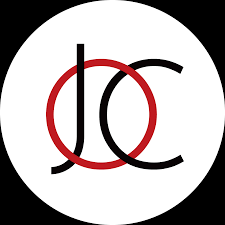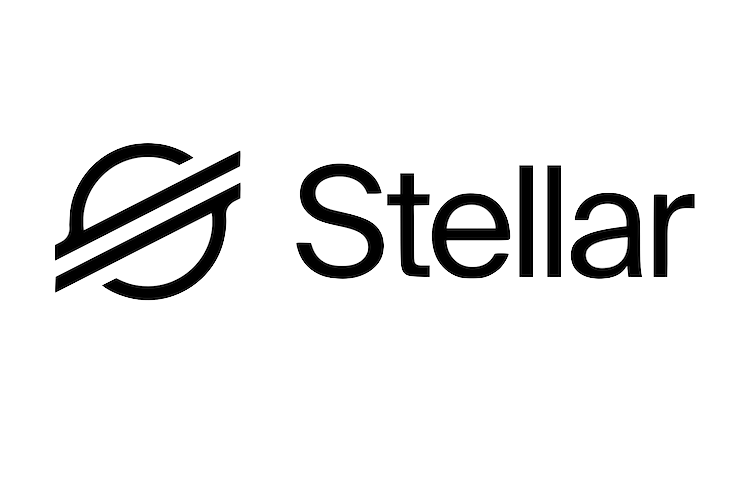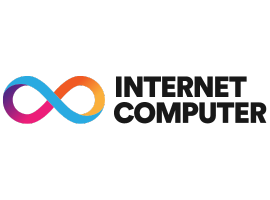
Japan Open Chain
A fully Ethereum-compatible public blockchain operated by Japanese enterprises, designed to support stablecoins, NFTs, and enterprise-grade Web3 applications.
Overview
Japan Open Chain (JOC) is a public blockchain platform fully compatible with Ethereum, operated by a consortium of Japanese enterprises under the Japan Blockchain Foundation. It leverages the Go Ethereum (Geth) client as its core software, ensuring compatibility with Ethereum tooling and smart contracts. JOC is designed to support a range of Web3 use cases including stablecoins, NFTs, and decentralized applications (dApps), with a particular focus on compliance with Japanese legal and regulatory frameworks. The chain uses a unique Chain ID (81 for mainnet) and supports the London hard fork, aligning with Ethereum's protocol upgrades.
JOC's ecosystem includes partnerships with major domestic and international companies, technology firms, and global communities. It supports multi-chain deployment of assets such as stablecoins, including upcoming DAO-governed stablecoins like USDA, JPYA, and EURA, which will be issued across more than 10 blockchains including JOC and Ethereum. The platform also facilitates regional revitalization projects through NFTs, such as the "e-Kaga Citizen Certificate" and Japan Post's "Post Office of the Future" NFT initiatives, demonstrating practical applications in government and community engagement.
Developers can interact with JOC using standard Ethereum tools and RPC endpoints provided for both mainnet and testnet environments. While public RPC endpoints are available for non-commercial use, commercial applications are encouraged to run their own nodes or use endpoint providers. The JOC Dashboard web app offers users a way to manage token balances, NFTs, and access dApp services. Comprehensive documentation and developer resources are available to onboard teams familiar with Ethereum development. JOC's focus on legal compliance, enterprise collaboration, and multi-chain interoperability distinguishes it within the Japanese and broader Asian blockchain ecosystem.
The Problem
Enterprises and developers in Japan face challenges deploying Ethereum-compatible blockchain solutions that comply with local regulations and support stablecoins and NFTs in a legally secure environment. Existing public blockchains may lack localized governance, legal clarity, or enterprise collaboration needed for broad adoption in Japan.
The Solution
Key Features
Public RPC Endpoints and Node Access
Provides public RPC endpoints for mainnet and testnet, with recommendations for commercial users to run dedicated nodes.
Japan Open Chain Alternatives
Explore web3 competitors and apps like Japan Open Chain.

Sunrise DA
Pricing
Public Access | Commercial Node Access | |
|---|---|---|
| Price (Monthly) | Free | Custom pricing |
| Price (Annual) | Free | Custom pricing |
| Messaging | N/A | N/A |
| Support | Community support via Discord and documentation | Dedicated support available |
| Analytics |
Start Building Now
Reliable RPC, powerful APIs, and zero hassle.
Resources
Japan Open Chain provides extensive developer documentation, RPC endpoints, a dashboard for token and NFT management, and community channels including Discord and Twitter to support onboarding and development.









